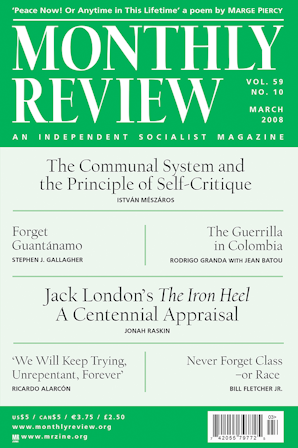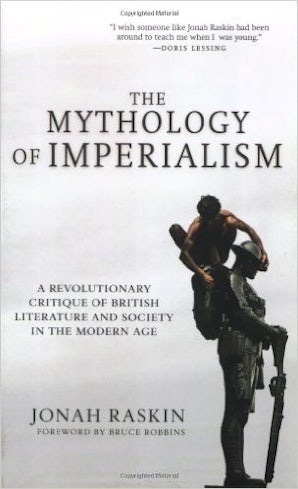Books by Jonah Raskin
The Mythology of Imperialism
Preface by Bruce Robbins
by Jonah Raskin


